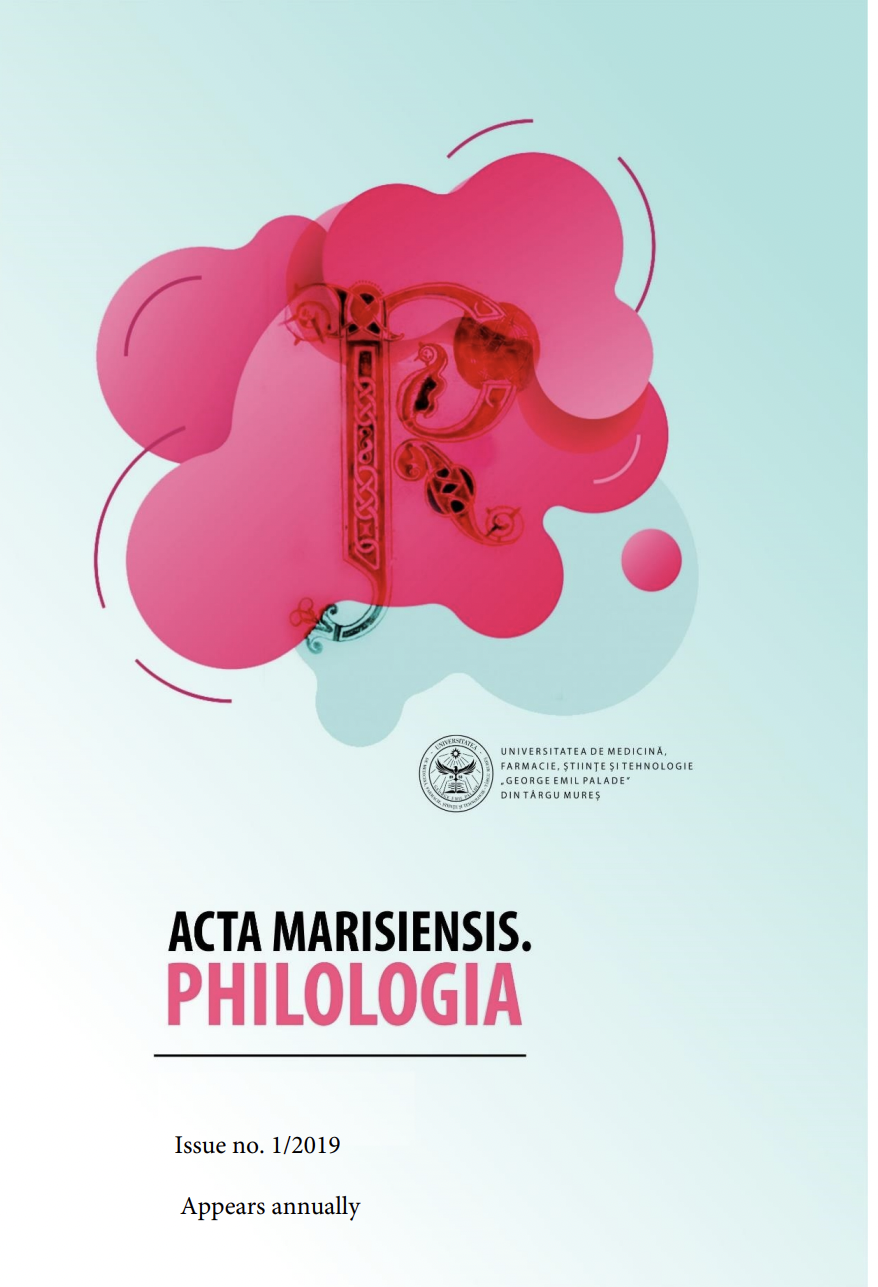INNOVATING IDEAS IN LUCIAN BLAGA’S PHILOSOPHY: COGNITION THROUGH METAPHOR AND "MYTHICAL SPIRIT"
INNOVATING IDEAS IN LUCIAN BLAGA’S PHILOSOPHY: COGNITION THROUGH METAPHOR AND "MYTHICAL SPIRIT"
Author(s): Eugeniu NistorSubject(s): Analytic Philosophy, Philosophy of Language
Published by: Editura University Press, Universitatea de Medicina, Farmacie, Stiinte si Tehnologie “George Emil Palade” din Targu Mures
Keywords: plasticizing metaphors; revealing metaphors; significant myths; trans- significant myths; transcendental brakes;
Summary/Abstract: The human being, Lucian Blaga argues in his Genesis of Metaphysics and the Meaning of Culture, underwent a double biologic and ontological mutation, and thus was endowed with the gift of creation (revelation), unlike the other terrestrial creatures benefiting only from simple biological mutations. Thus, it has been concerned about the revelation of the mysteries of the world, which are defended by the transcendental brakes of the Great Anonymous. There are only two possibilities for cognition to be accomplished: the two types of metaphors, plasticizing and revelatory, or the two categories of myths: significant (rational) and trans-significant (with illogical content). Here, the philosopher also compares the two cultural typologies: minor or ethnographic culture with major or monumental culture, thereby formulating the "adoptive age theory", explaining how an individual or a community adopts at some point a minor possibility or major creation. The antinomy culture-civilization report is critically filtered through the views of some well-known Western thinkers, the discussion being whether the two notions can be explained as simultaneity, succession or ontological dimension. Singularized in the Universe, precisely by their special condition, human beings have reached their last stage of evolution, being predestined to a tragic and painful creative destiny.
Journal: Acta Marisiensis. Philologia
- Issue Year: 1/2019
- Issue No: 1
- Page Range: 33-50
- Page Count: 18
- Language: Romanian

